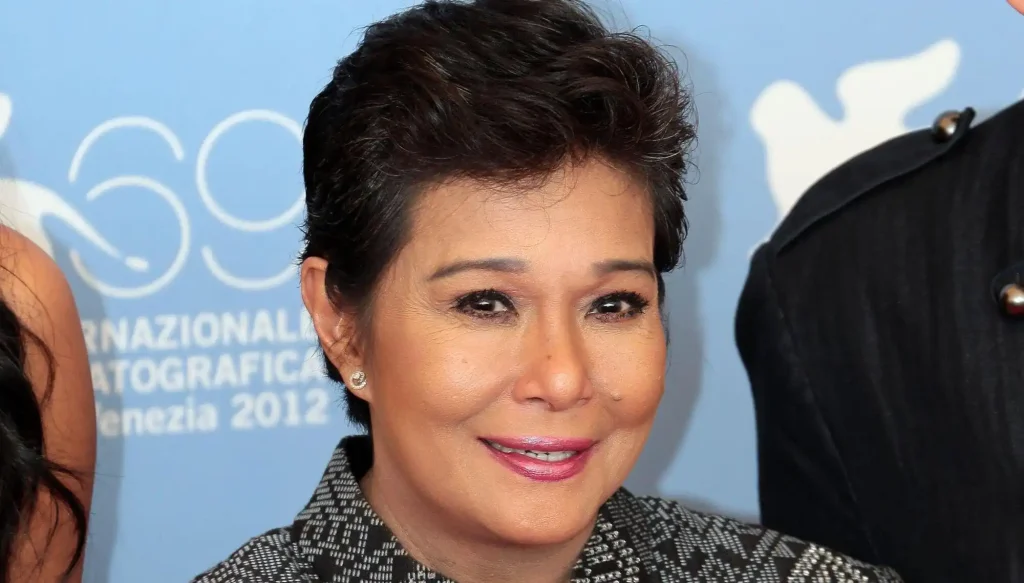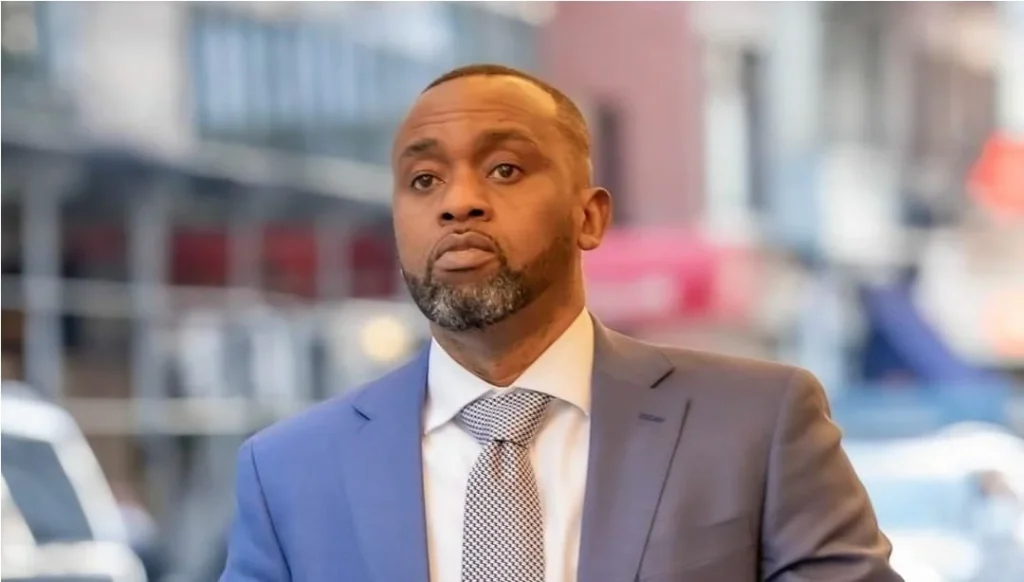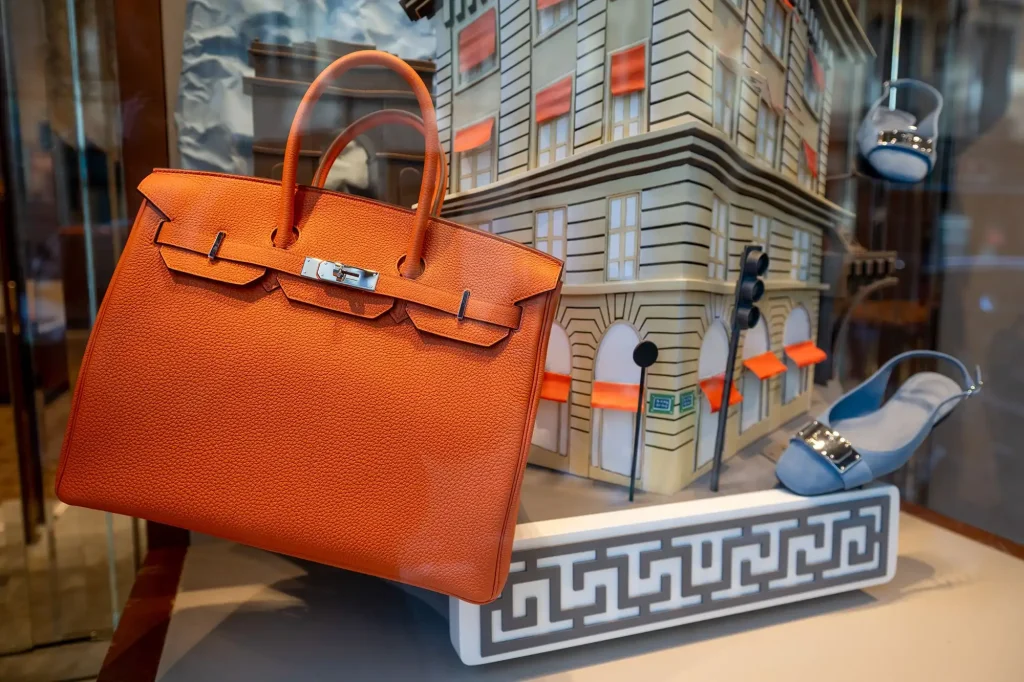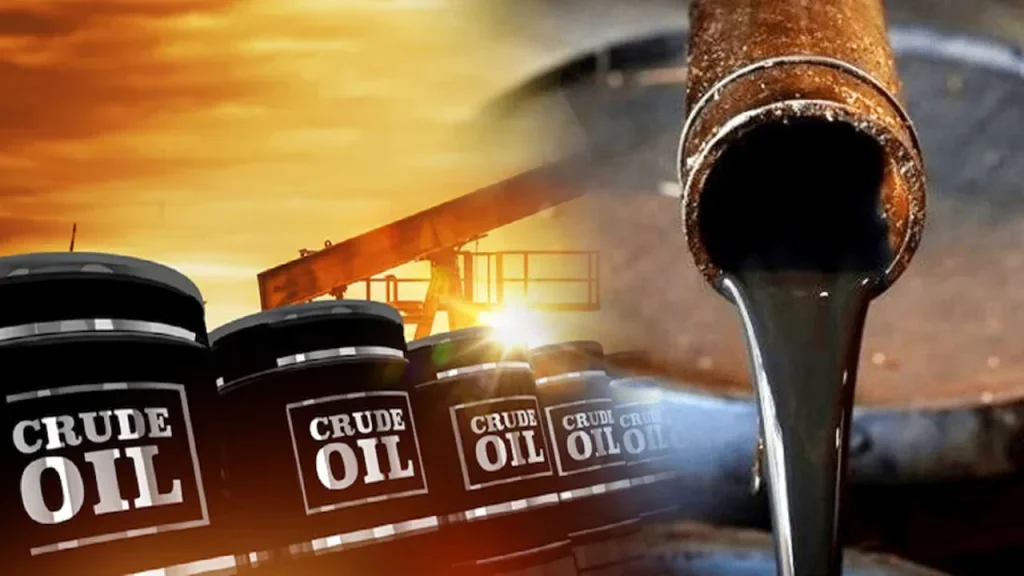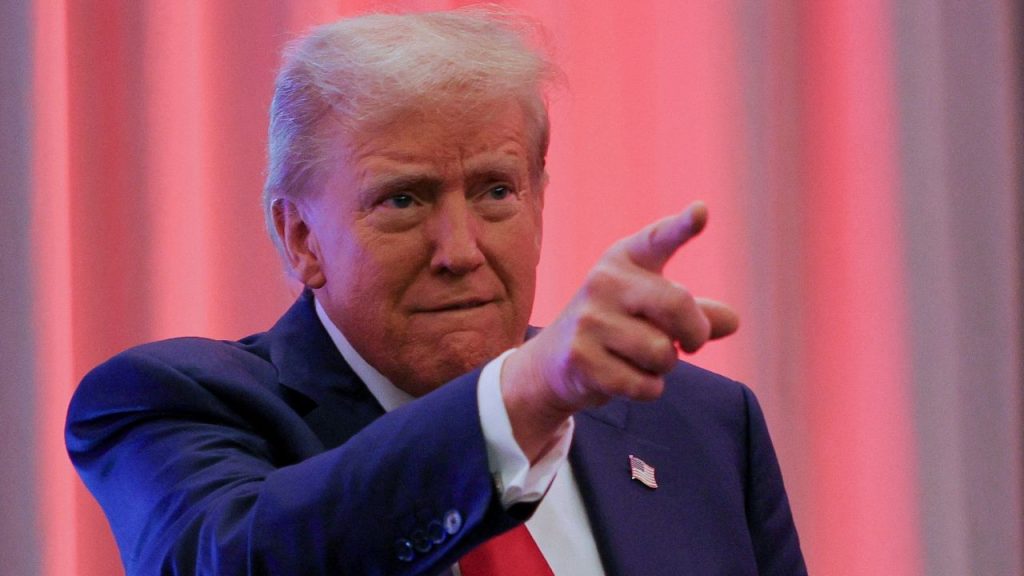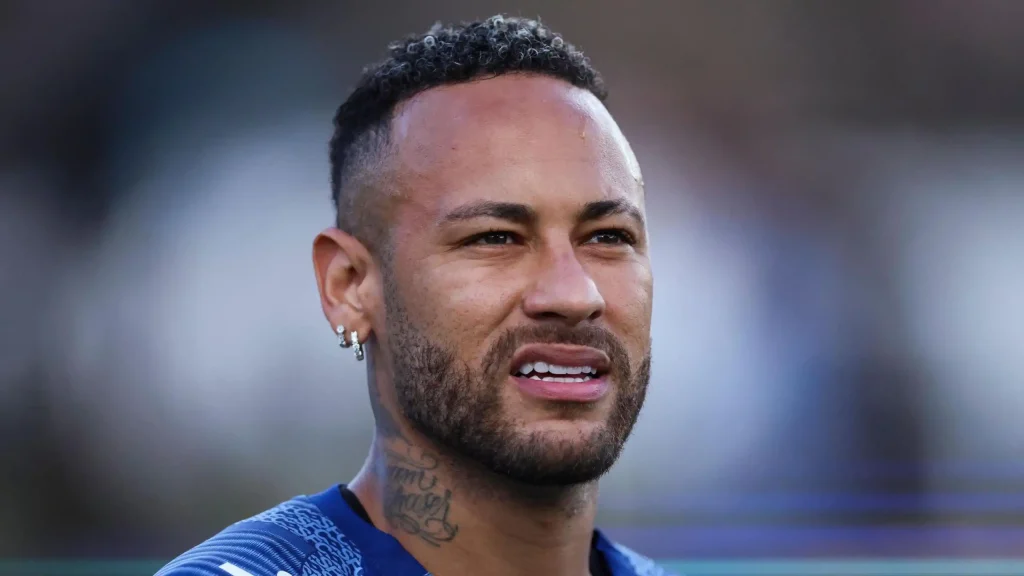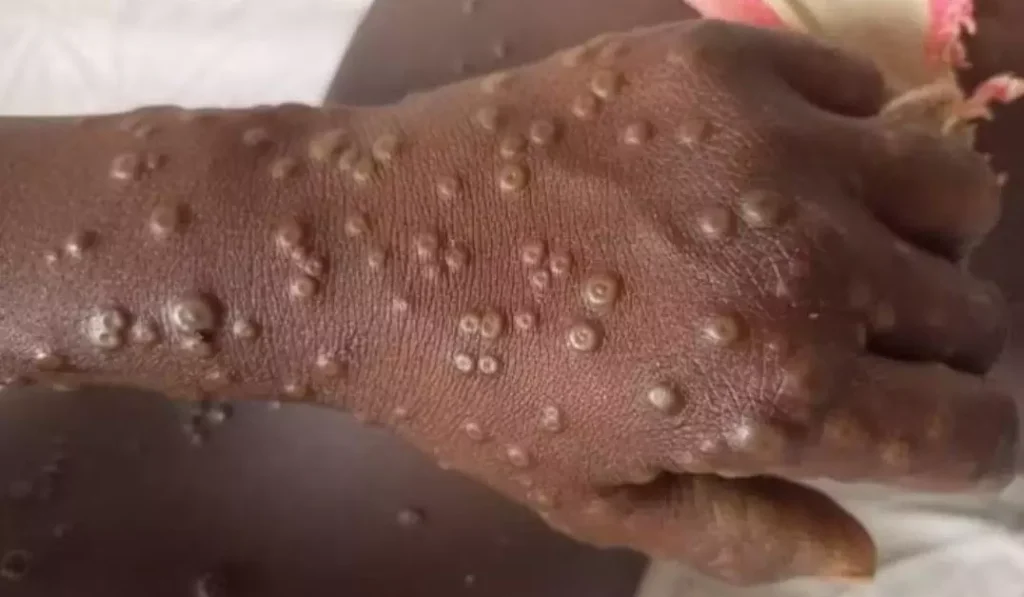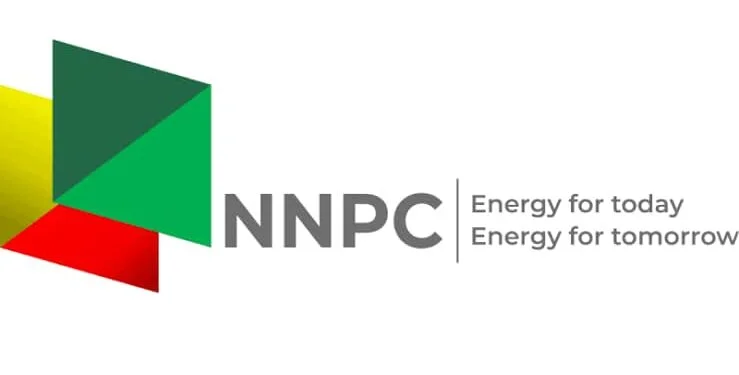As 2022 draws to a close, stakeholders in the maritime industry have voiced differing opinions about what they intend to achieve in the coming year. They have urged the Federal Government to prioritize infrastructure upgrades and increased port efficiency if Nigeria is to become one of the world’s foremost nautical nations.
In an interview with the Nigerian Tribune, marine attorney and Chairman of the Ship-owners Forum Margaret Orakwusi urged the federal government to concentrate more on enhancing port efficiency and upgrading facilities in the country’s maritime industry.
The well-known marine attorney clarified in a New Year’s message that she only gave to the Nigerian Tribune that the only way to prevent goods that are meant for Nigerian ports from being diverted to neighboring ports is for government entities functioning at the ports to become more efficient.
Orakwusi states that “one of the main reasons we lose cargo to neighboring ports is infrastructure deficiency at our ports.” I would want to see the Federal Government put more of an emphasis on port infrastructure this year. Once more, government entities at our ports ought to engage in efficiency-driven operations.
“It is concerning that individuals keep shipping their items to nearby ports, where they eventually make their way across our numerous porous borders and into Nigerian markets. Because of this, the nation is losing a great deal of money, so we must focus on improving the efficiency of our port operations. The functionality of the highways that enter and exit our ports must be checked.
Additionally, it should be possible to navigate our rivers. Inland rivers need to be promoted more by the government. Nigeria is actually a blessed nation with a lot of natural resources.”
CVFF
Concerning the distribution of the Cabotage Vessel Financing Fund (CVFF), Orakwusi demanded a stop to the political gamesmanship surrounding the procedure.
Additionally, I think that the politics surrounding the CVFF fund’s distribution should end in 2022. Companies are closing. Maritime companies require capital to stay afloat. Although a large amount of cargo is produced at our country’s ports, we do not participate in the freighting of this cargo. People may believe that this oddity solely affects native shipowners, but Nigerian insurance companies also suffer as a result. Our commercial banks are also suffering losses.
“Our economy will suffer to some extent if we continue to permit the cargoes that are produced at our ports to be exported on a free-on-board (FOB) basis. It is disgraceful for our country when the buyer sets the terms of the trade. Our banks are suffering as well as the nation as a whole in the insurance sector. Additionally, because the buyer sets the trade term, we lose out legally in the trade agreement. We cannot afford to let this trend continue given the size of our population and the amount of our youth seeking employment.
“I’m not happy being a mother. I am not satisfied as a woman working in the private sector who needs to produce everything on her own, including her own power supply, water channel clearance, and dredging. We will keep losing out on income and wealth creation unless we make improvements in the country’s marine industry, the chairman of the Shipowners Forum stated.
Unauthorized fishing
Orakwusi also took use of the occasion to urge the government to stop foreign shipping corporations from unlawfully stealing the country’s fishing resources.
I also go deep sea fishing, as you are undoubtedly aware. We have been loudly protesting the unlawful poaching operations of foreign maritime firms in our waters for more than 20 years.
Without any opposition, these foreign shipping firms plunder our water supplies. They have nothing at stake, so they fish erratically, from bottom to top. These maritime firms invade our waters, exploit our fishing resources, and do so without a government license or flying our flag. They capture both the larger fish that have laid the golden eggs and the smaller fish. The fishing restrictions are not being followed by this. If you are in, you must not do this.
“African countries must take action this year to stop the illicit exploitation of their fishing resources by raising the issue more in international fora,” bemoaned Orakwusi.
Not enough preparation
Speaking about issues facing the country’s marine industry, Dr. Mkgeorge Onyung, President of the Ship Owners Association of Nigeria (SOAN), encouraged the Federal Government to concentrate more on putting certain legislation into effect in 2022. “There needs to be a strategy in place for Nigeria to achieve in anything. We must be informed of the government’s strategy. The Nigerian marine industry offers a plethora of potential, but operators are not prospering since certain laws are not being followed.
Are the local content and anti-cabotage laws being followed or implemented? No, is the response. The current state of Nigeria’s maritime industry will not exist if these regulations are followed. The maritime industry in Nigeria offers opportunities. While the local content law guarantees Nigerians’ participation in these enterprises, the Cabotage Law guarantees these chances to indigenous operators.
“All that is left for the Nigerian Maritime Administration and Safety Agency (NIMASA) is to do its job and protect indigenous ship-owners. “Has NIMASA done enough to protect and provide jobs for indigenous operators?” is the question. No, is the response.
Is the CVFF fund still fulfilling the purpose for which it was established? Why are we, the Indigenous ship owners, continuing to make financial contributions to the CVFF fund if it is no longer fulfilling the purpose for which it was established? In 2022, these are questions that require answers.
“NNPC rose to the top of the Nigerian economy’s employment opportunities list in 2021. They successfully completed the upstream sector, so we anticipated that they would do the same in the downstream sector. However, because these regulations have not been put into effect, this has not happened. All of the things we anticipate happening in 2022 will remain dreams if these laws are not put into effect. We were unable to get elections into IMO Category C due to this last year. We didn’t prepare, which is why we didn’t succeed,” the President of SOAN exclusively told the Nigerian Tribune.






